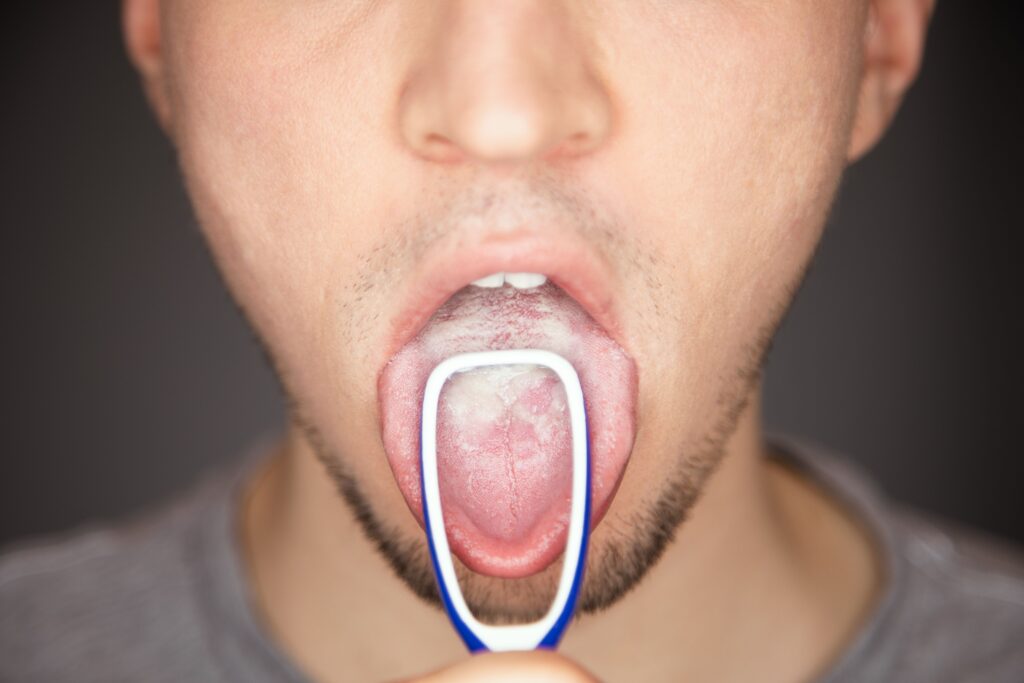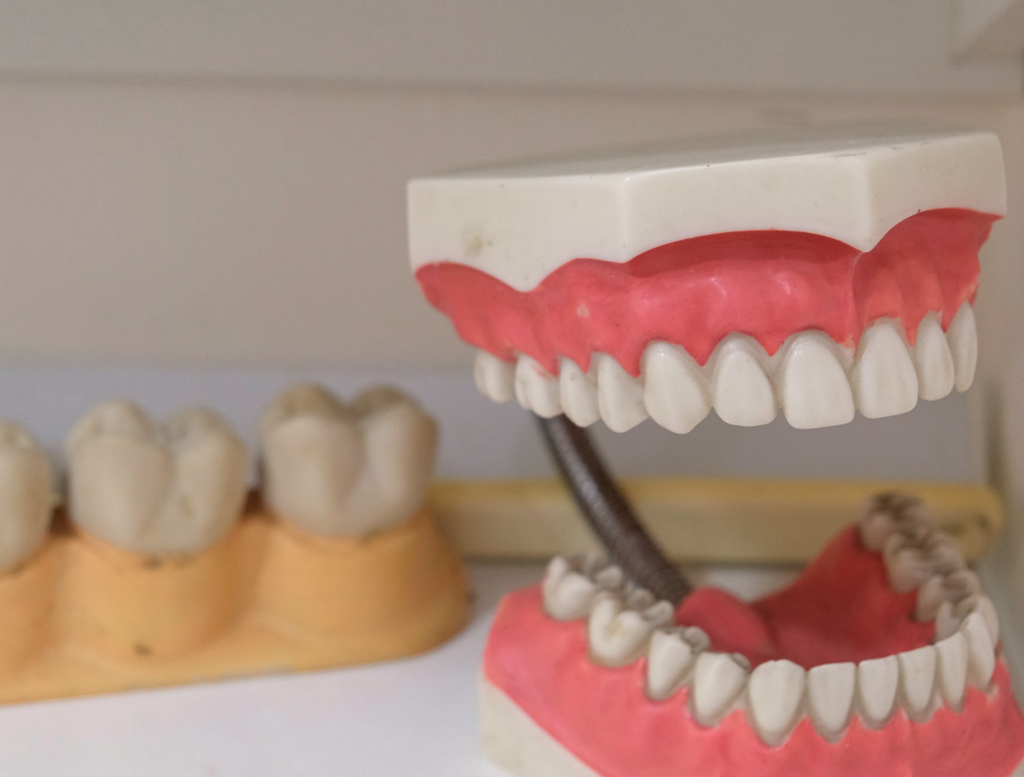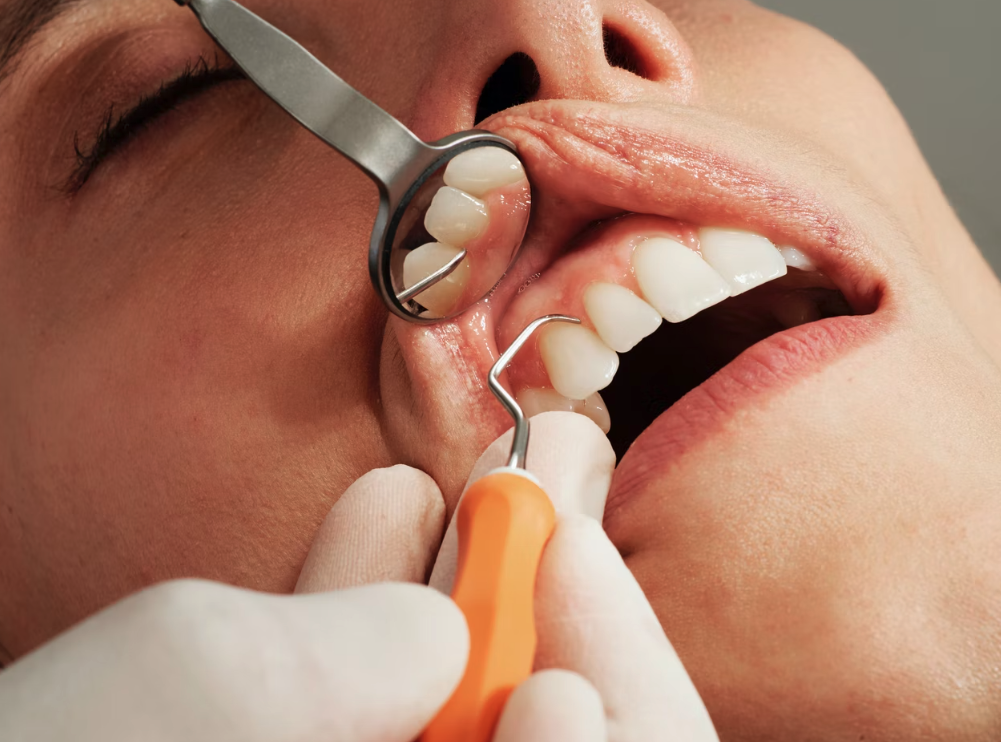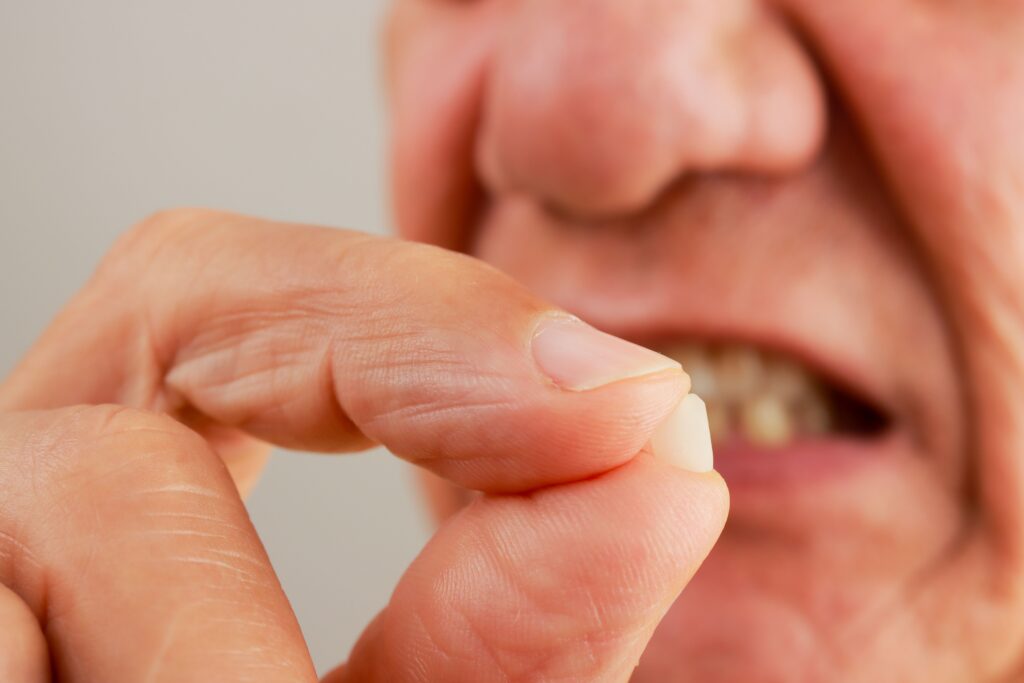Everyone loves a bright, white smile. A sparkling set of teeth can make you feel more confident and improve your overall appearance. Over the years, there have been many products that promise to help whiten teeth. One of the more recent innovations is teeth whitening gum. But does teeth whitening gum actually work? In this article, we will explore the effectiveness of teeth whitening gum, how it works, and whether it’s a good option for you.
What is Teeth Whitening Gum?
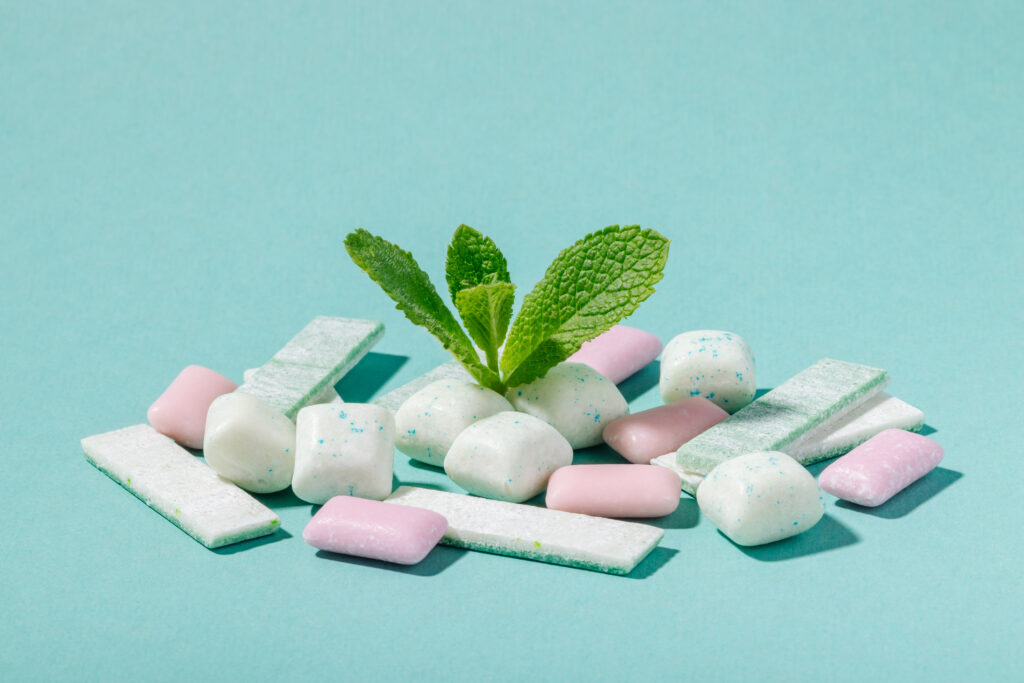
Teeth whitening gum is a type of chewing gum that claims to whiten your teeth while you chew. It’s available in many brands and varieties, often promising to help remove surface stains from your teeth, making them appear whiter over time.
The gum usually contains certain ingredients, like baking soda, activated charcoal, or hydrogen peroxide, which are known for their teeth-whitening properties. Some gums also include mild abrasives to help scrub away surface stains as you chew.
How Does Teeth Whitening Gum Work?
Teeth whitening gum works in a few different ways depending on its ingredients. Let’s break down the most common methods used in whitening gums:
1. Mild Abrasives
Some whitening gums contain tiny abrasive particles that gently scrub away surface stains. These abrasives help remove food particles and other substances that stick to the surface of your teeth, like coffee or tea stains. These abrasives are not harsh like those found in toothpaste, so they are safe to use on a daily basis.
2. Whitening Agents
Other teeth whitening gums contain chemicals such as hydrogen peroxide or baking soda, which are commonly found in teeth-whitening products. These ingredients work by breaking down and lifting stains from the surface of your teeth. While the amount of these chemicals in the gum is not as strong as in professional whitening treatments, they can still help improve the appearance of your teeth over time.
3. Increased Saliva Production
Chewing gum stimulates your salivary glands, which increases the flow of saliva in your mouth. Saliva naturally helps to clean your teeth and neutralize acids that cause tooth decay and stains. The more saliva you produce, the better your mouth can wash away food particles, bacteria, and plaque that cause staining.
4. Polishing Effect
Some whitening gums contain ingredients that help polish your teeth as you chew. This polishing effect can smooth the surface of your teeth, making them look brighter and less likely to collect stains. This is similar to the polishing effect you get from a dental cleaning.
Does Teeth Whitening Gum Really Work?

Now that we know how teeth whitening gum works, you may be wondering: Does it really help whiten your teeth? The short answer is: It depends.
Here’s what you should consider when deciding if teeth whitening gum is right for you:
1. It Works on Surface Stains
Teeth whitening gum can help remove surface stains, such as those caused by food and drinks like coffee, tea, or wine. The mild abrasives and whitening agents in the gum can help polish and clean your teeth, making them look brighter. However, it’s important to note that whitening gum is not as powerful as professional whitening treatments or whitening toothpaste.
2. It’s Not a Quick Fix
Teeth whitening gum will not produce dramatic results overnight. To see a noticeable improvement, you would need to chew the gum consistently over a longer period of time. If you are looking for a quick solution to whitening your teeth, gum may not be the best choice.
3. It Can Help Maintain Whitening
If you’ve recently had your teeth professionally whitened or used a whitening product, chewing whitening gum can help maintain the results. By removing new surface stains as they appear, the gum can help keep your teeth looking bright between whitening treatments.
4. Limited Impact on Deeper Stains
If your teeth have deeper stains, such as those caused by smoking or aging, whitening gum may not be as effective. The whitening agents in the gum are not strong enough to address deeper discoloration. In such cases, professional teeth whitening treatments or at-home whitening kits may be more effective.
The Pros of Teeth Whitening Gum
While teeth whitening gum isn’t a miracle solution, there are some advantages to using it. Let’s take a look at the benefits:
1. Convenient and Easy to Use
Teeth whitening gum is simple and convenient to use. All you have to do is chew the gum for a few minutes, and you can do it anytime, anywhere. It doesn’t require any special tools or appointments like professional whitening treatments.
2. Affordable
Compared to professional whitening treatments, teeth whitening gum is very affordable. While it won’t give you the same results as a professional treatment, it can be a good budget-friendly option for maintaining a brighter smile.
3. Good for Freshening Breath
In addition to whitening your teeth, many whitening gums also help freshen your breath. They often contain mint or other flavorings that can mask bad breath, making them a good option for quick breath freshening after meals.
4. Safe for Daily Use
Teeth whitening gum is generally safe for daily use. The ingredients used in these gums are mild and designed to be gentle on your teeth. Unlike harsher whitening products, whitening gum is unlikely to damage your enamel if used as directed.
5. Helps with Saliva Production
As mentioned earlier, chewing gum increases the flow of saliva, which can help wash away food particles, bacteria, and plaque. This can help maintain better oral hygiene overall, reducing the risk of cavities and gum disease.
The Cons of Teeth Whitening Gum
While teeth whitening gum offers some benefits, there are also limitations and potential downsides to consider:
1. Slow Results
Teeth whitening gum is not a quick fix. If you are looking for fast results, whitening gum may not be the best choice. It will take time and consistent use to see any noticeable difference in the color of your teeth.
2. Limited Whitening Effect
Whitening gum mainly works on surface stains, so it may not be effective for deeper, more stubborn stains. If your teeth have significant discoloration, professional treatments may be necessary for more dramatic results.
3. Not a Substitute for Proper Oral Care
While whitening gum can help maintain the appearance of your teeth, it is not a substitute for regular brushing, flossing, and professional dental cleanings. To keep your teeth healthy and white, you still need to practice good oral hygiene.
4. Possible Sensitivity
Some people may experience tooth sensitivity or irritation from the ingredients in teeth whitening gum, especially if they have sensitive teeth or gums. If you experience discomfort, it’s best to stop using the gum and consult with your dentist.
Who Should Use Teeth Whitening Gum?

Teeth whitening gum can be a good option for people who:
- Want to maintain a bright smile: If you’ve had your teeth professionally whitened or use whitening toothpaste, whitening gum can help you maintain the results.
- Have surface stains: If your teeth are stained from food and drinks, whitening gum can help remove those surface stains and brighten your smile.
- Want an affordable option: If you’re looking for a budget-friendly way to improve the appearance of your teeth, whitening gum is a good alternative to expensive whitening treatments.
However, if you have deeper stains or more severe discoloration, whitening gum may not be enough. In such cases, it’s best to talk to your dentist about other whitening options.
Conclusion
Teeth whitening gum can be a convenient and affordable option for maintaining a bright smile. It works best for removing surface stains caused by food and drinks and can help freshen your breath as an added bonus. However, it is not a miracle product and will not provide the dramatic results that professional whitening treatments can achieve.
If you’re looking for a quick and easy way to whiten your teeth on the go, whitening gum can be a useful addition to your oral care routine. Just remember, for more significant whitening results, you may need to consider other whitening methods. And as always, consult with your dentist to determine the best teeth-whitening option for your unique needs.



